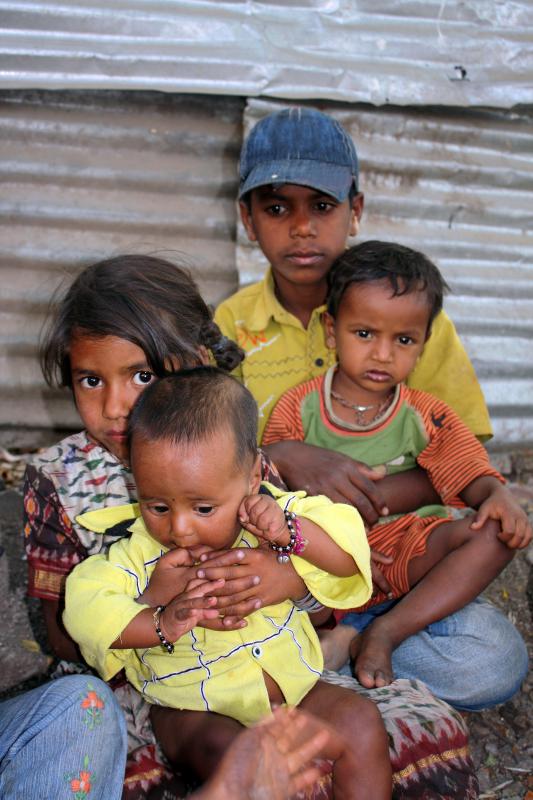At PracticalAdultInsights, we're committed to delivering accurate, trustworthy information. Our expert-authored content is rigorously fact-checked and sourced from credible authorities. Discover how we uphold the highest standards in providing you with reliable knowledge.
What Is Involved in NGO Training?
Non-governmental organization (NGO) training typically involves a review of the NGO's mission and how volunteers fit into that mission's overall strategy. Ethical training may also be offered to those who work in non-governmental organizations. Advice and strategies for networking with other organizations and governmental entities may also be provided to workers as part of NGO training. If the NGO operates within a different cultural context from what the workers may be accustomed to, the NGO may also provide training aimed to enhance interpersonal relationships and encourage networking opportunities. Other NGO training may be provided to address the specific area in which the NGO worker may be deployed.
An overview of the organization's past and current strategic initiatives are typically part of the orientation for an incoming NGO worker. This NGO training may include a review of the NGO's history, as well as both short-range and long-term objectives the organization's board of directors has determined are most important. The worker will likely be expected to have a well-developed understanding of the organization's mission and how he or she fits into the overall organization's strategy.

NGOs may offer ethical training as a measure intended to prevent moral lapses by workers or volunteers. These lapses sometimes occur when an individual is providing services to a vulnerable population or individual. For example, if an NGO is providing charitable services to children, an ethical training course might cover local laws and customs governing the types of relationships aid workers may and may not have with those children. Other ethical training may be targeted more toward illustrating the correct procedures for accepting and receiving donations that are collected.
Networking and interactions with other agencies often prove very helpful to nonprofits. This is why networking instruction is typically a part of NGO training. Agencies may instruct staff in how to form productive collaborations with other NGOs on an interpersonal basis.
Mission-specific NGO training may consist of two parts. In the first, regardless of their specific assignments, workers will usually have an opportunity to review the history and current mission objectives of the nonprofit. Secondly, mission-specific NGO training may also be tailored to an individual's particular role within the organization.
For example, if the NGO provides medical services to a remote, impoverished population, a general training session might cover the origins of the program. The goal here would be to provide workers with background information so they can better understand and communicate how the organization developed. In contrast, training for staff members who actually provide the medical services would likely be much more directed to specific procedures and protocols.
AS FEATURED ON:
AS FEATURED ON:











Discuss this Article
Post your comments